
In some instances, family and friends may choose to hold their parties without alcohol, or at least downplay the central role that drinking might take. This can mean beefing up the non-alcoholic drink selection and offering more food options or other treats. Others in recovery, have more time or experience in dealing comfortably with such events, and may feel confident in their recovery while being around others who drink. Discover how to navigate social situations while staying sober. Learn effective strategies for maintaining sobriety and communicating boundaries with friends. However, staying sober may seem daunting, especially when your friends are drinking.
- There’s nothing more satisfying than hand-kneading a gooey dough, smelling the yeast as it rises, and eating a slice of bread you made from scratch.
- If you don’t know the person well, simply saying you have to get up early the next morning or you quit for health reasons should be enough.
- While a loss of amore is often why we guzzle alcohol to begin with, a healthy dose of it could actually contain its ill effects.
- My ability to maintain sobriety is largely predicated on my ability to create stability in my world.
Eating and drinking
If you do not take care of your mental health, you will increase your risk of relapse. MHA Screening is an educational program intended to help inform people about options they have in getting help for mental health issues. It may suggest tools and resources that offer information, treatment services, self-help (or being sober around drinkers “DIY”) tools, and/or ways to connect with others. For any and all suggestions, comments, or questions, please contact Mental Health America. For many recovering alcoholics, it’s too difficult to be the only nondrinker in the room. Whenever possible, ask a friend or relative to attend a social event with you sober.
Balancing holiday parties with guests in recovery.
If you’ve been through a period of sustained sobriety after addiction, you already know the value of a support group. A group of trusted friends and family can give you the emotional support you need when you feel yourself inching towards a relapse. In general, no matter how someone else feels, you have the right to prioritize your recovery. This can be difficult, especially if you’re the kind of person who likes to please others, or you are very social. But this kind of boundary setting is actually perfectly healthy, and essential to living and socializing with others who still drink. A change in your friendship dynamics doesn’t have to be a bad thing, however.
Avoid Old Habits and Toxic Relationships

You can try different meetings for the different groups to find one that’s right for you. Learn that you have choices and that you can maintain control. If any area of your life is out of control, it will not help you maintain lasting sobriety. Anger https://ecosoberhouse.com/ is a normal and natural emotion, but how you deal with it will make a difference in maintaining your recovery. Once you do return to work, it’s important to create a budget and take steps to safeguard yourself as work stress can be a relapse trigger.

Take Care of Yourself
- For a quick and easy option, Jones suggests a slide of watermelon with salt sprinkled on top.
- If you are having a medical emergency, call your physician or 911 immediately.
- While certain techniques may help a person feel more awake, they will not eliminate alcohol from the blood more quickly and so will not lower the BAC level.
For example, you may have developed a co-dependent relationship, or a family member, friend, or employer may have been enabling you without even knowing it. If PAWS is severe or if you’re experiencing prolonged symptoms, a medical professional can help you work through them and remain in recovery without relapse. The symptoms involved in PAWS can be a barrier to recovery if you’re not careful.
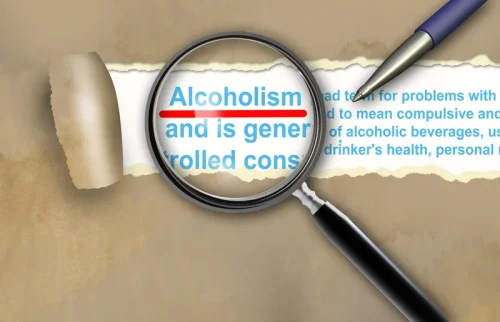
«It’s much easier not to take drinks two, three, four, or five because that initial rush is blunted; it doesn’t do anything for you.» In such instances, it may be best to make no special accommodations for the individual; doing so would only increase a potentially unwelcome focus for that person. In other cases, it will be very much appreciated to offer alternatives in both focus and activity to create a fun and inclusive environment.
- If a 12-step program doesn’t sound appealing, you can look for other support groups.
- If you’re feeling sad now because your entire social circle seems to have abandoned you, please know that you are not alone.
- You like hanging out with your friends at happy hour, eating discount wings, and talking shit about anything and everything.
- Having sober friends who understand your journey can provide a strong support system and help you feel more comfortable in social settings where others are drinking.
- Many different addiction treatment programs exist, including family therapy groups, outpatient programs, and inpatient substance abuse treatment centers.
- In fact, some of them might also be thinking about cutting back on their own alcohol use and be inspired by you.
Still, being prepared and having a plan can help you enjoy going out after you’ve quit drinking. In the beginning of your recovery, you have to be mindful of what you interact with. It’s important to accept that there is no normal that is better or worse. And remember it’s OK to leave social events—you don’t have to stay, be the last one to leave, or the life of the party. Sometimes people feel like they are abandoning their family, friends, and loved ones when they begin their recovery journey. It’s ok to miss these people and grieve the loss of these relationships.
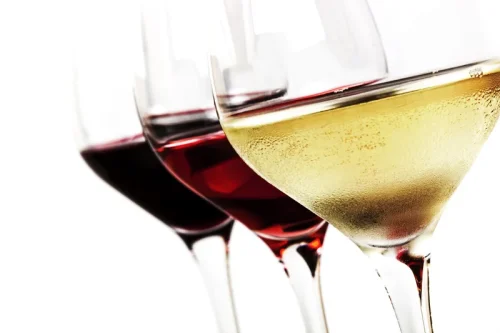

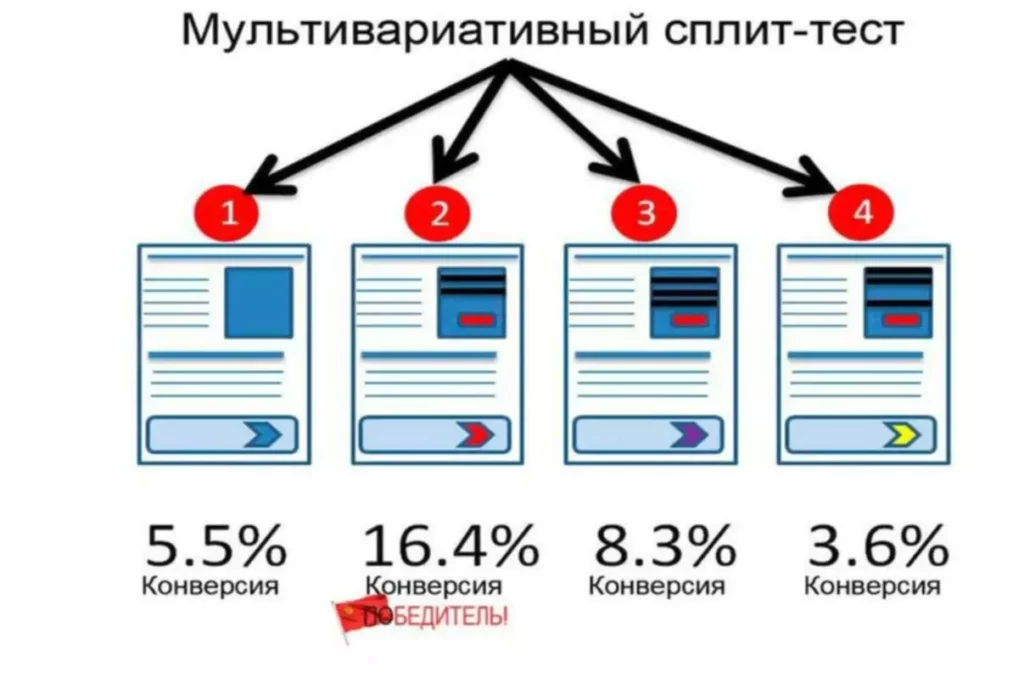



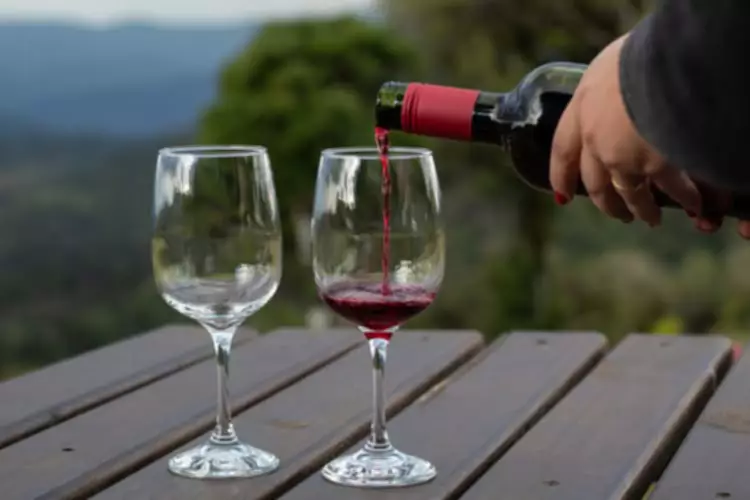
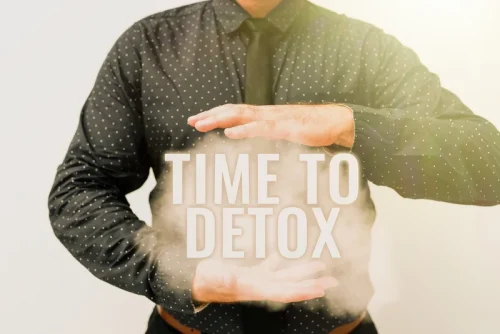
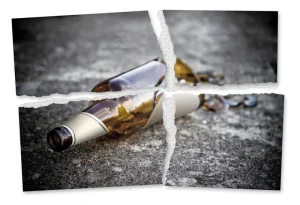
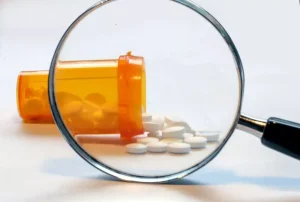






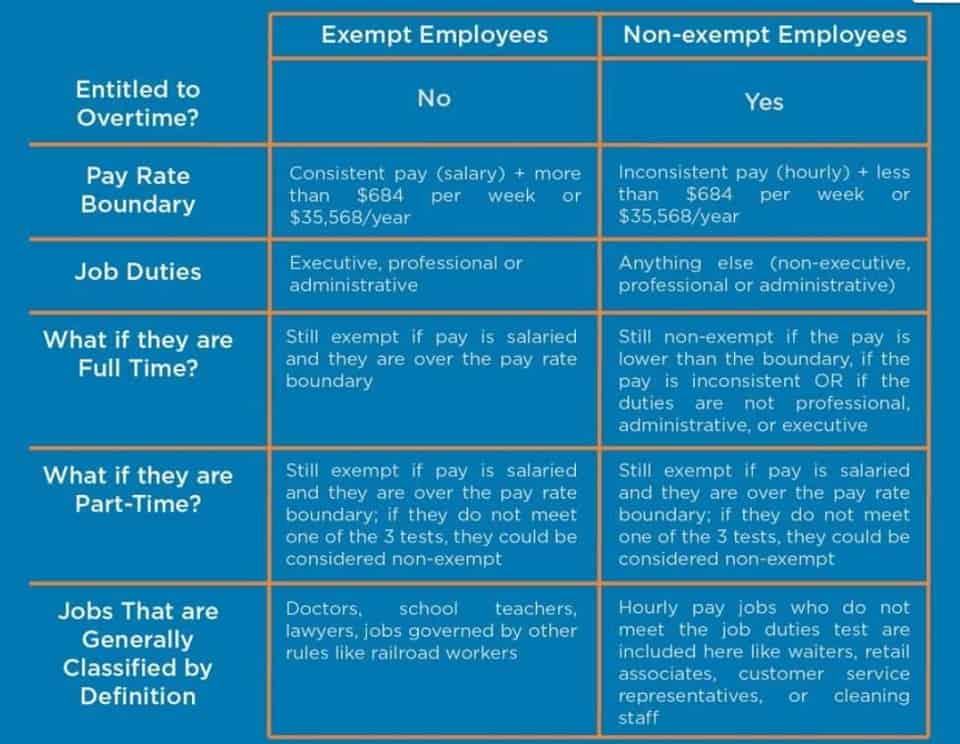
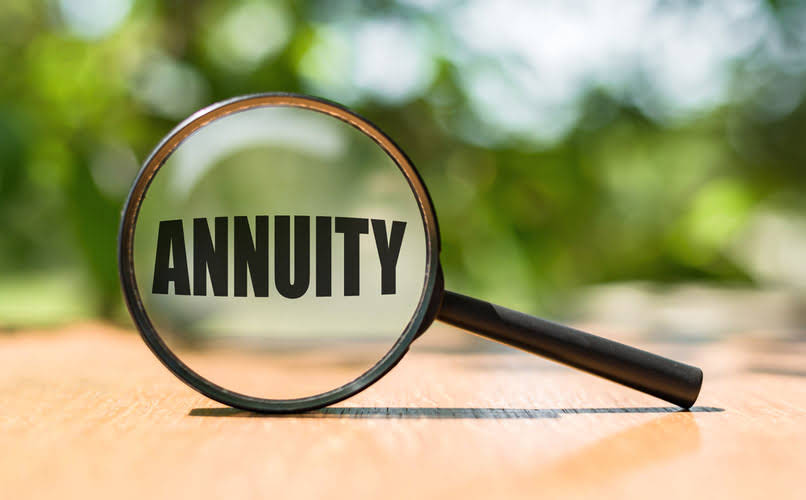




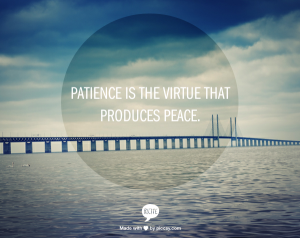 gran virtud, algo que puede parecer cosa de generaciones anteriores pues en la sociedad actual todo tiene que ser para ya y los tiempos de espera están muy mal vistos.
gran virtud, algo que puede parecer cosa de generaciones anteriores pues en la sociedad actual todo tiene que ser para ya y los tiempos de espera están muy mal vistos.